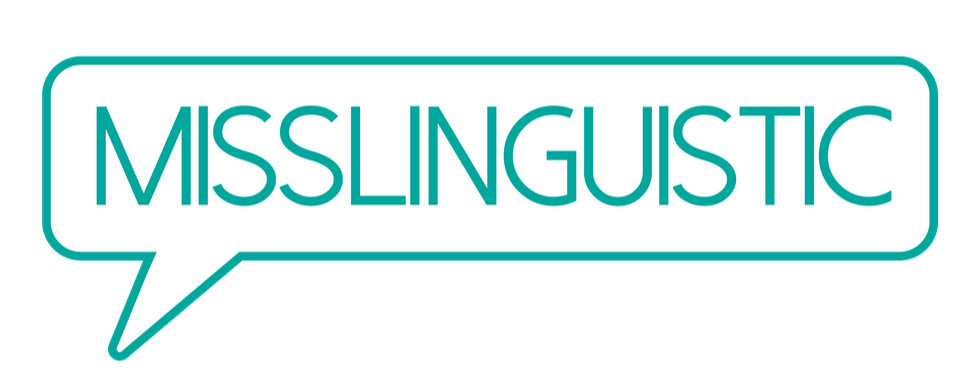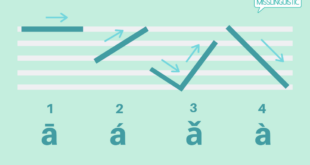Happy International Mother Language Day!
My mother language, or “mother tongue” as we say in the US, is English. This is fitting for a linguist. Not because it is currently a so-called lingua franca, but because it is a very mixed-up and promiscuous language, vulnerable to nearly any language it comes in contact with, mixing its many linguistic influences, sometimes even within the same verb. We “go” to the store because of our proto-Germanic origins (gehen), but we already “went” because of our Ango-Saxon roots (wend).
We raise cows, but eat “beef”, because the Anglo-Norman nobility were the ones that actually got to eat the expensive boeuf that the poorer Ango-Saxon peasants raised. Same for pigs and pork.
We run “amok” because of Indonesian, we “no can do” because of Chinese, and we have “lemons”, “magazines”, and “massage” because of Arabic.
We “wiki” things, and have “taboos” because of Hawaiian. We wear “pajamas” and use “shampoo” because of Hindi.
We can’t spell anything for sh*t because our alphabet was originally created in the AD 400’s for a language that is now long dead, and not even from our same language family. We jerry-rigged that alphabet for our purposes a little under a thousand years later. Then Old English went and changed into Modern English (as languages do) so that our already-awkward orthographic solution was even worse than before.
It can still be understood through careful thought, though.
When the Brits came and dropped off their language in North America along with all of its imperialistic souvenirs and genetic quirks, they had no idea that British English would become fossilized and preserved, as if in amber. In fact, American English is still changing, but much more slowly than British English, so that we Americans actually speak a dialect that is much more similar to the English that Brits spoke in the 1400’s.
Happy Mother Language Day, American English. I am very proud to be a native speaker of this fascinatingly complex and hopelessly quirky language. And happy to use this language to learn many more.







